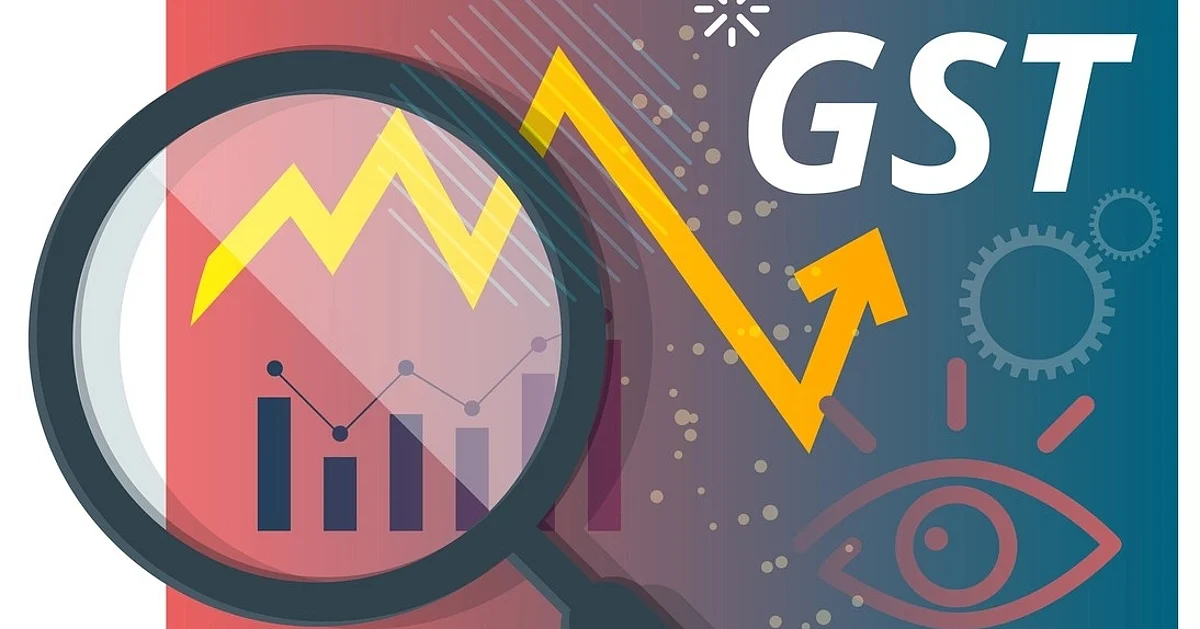Business
State Panel to Discuss Two-Slab GST Structure on August 20-21

A six-member panel led by the Deputy Chief Minister of Bihar will convene on August 20 and August 21 to discuss the Government of India’s proposal to transition to a two-slab Goods and Services Tax (GST) structure. This meeting aims to evaluate the implications of such a significant change in the GST framework, which is a crucial aspect of India’s taxation system.
The panel’s formation comes in response to ongoing discussions surrounding GST rationalisation, a topic that has been a focal point for both state and central governments. The proposed shift to a two-slab system is intended to simplify the tax structure, potentially making compliance easier for businesses and enhancing revenue collection for states.
Objectives of the Meeting
The primary objective of the meeting is to assess the practicality and effectiveness of the proposed two-slab GST structure. The current GST system has multiple rates, which can complicate tax compliance for businesses across various sectors. By reducing the number of slabs, the government aims to create a more streamlined and transparent tax environment.
According to sources familiar with the discussions, the panel will review the potential economic impact of this proposal, examining how it may affect different industries and consumers. Additionally, the panel is expected to provide recommendations on how best to implement this change, should it proceed.
Implications for Businesses and Consumers
The GST reform is anticipated to have far-reaching implications for both businesses and consumers. For businesses, a simplified tax structure could reduce compliance costs and administrative burdens, allowing them to focus more on growth and innovation. For consumers, the potential for lower tax rates in certain categories could result in reduced prices for goods and services.
As the meeting approaches, stakeholders from various sectors are keenly observing the developments. The outcome of this two-day panel discussion could significantly influence future tax policies in India, shaping the economic landscape as the country continues to recover from the impacts of the pandemic.
The discussions led by the Bihar Deputy Chief Minister and the state panel reflect a broader commitment to refining India’s GST framework. The government aims to strike a balance between enhancing revenue collection and ensuring that the taxation system remains equitable and efficient for all.
This meeting represents a critical juncture in the ongoing evolution of GST in India. As the situation develops, more information will be provided regarding the outcomes of the discussions and their implications for the economy at large.
-

 World5 months ago
World5 months agoSBI Announces QIP Floor Price at ₹811.05 Per Share
-

 Lifestyle5 months ago
Lifestyle5 months agoCept Unveils ₹3.1 Crore Urban Mobility Plan for Sustainable Growth
-

 Science4 months ago
Science4 months agoNew Blood Group Discovered in South Indian Woman at Rotary Centre
-

 World5 months ago
World5 months agoTorrential Rains Cause Flash Flooding in New York and New Jersey
-

 Top Stories5 months ago
Top Stories5 months agoKonkani Cultural Organisation to Host Pearl Jubilee in Abu Dhabi
-

 Sports4 months ago
Sports4 months agoBroad Advocates for Bowling Change Ahead of Final Test Against India
-

 Science5 months ago
Science5 months agoNothing Headphone 1 Review: A Bold Contender in Audio Design
-

 Top Stories5 months ago
Top Stories5 months agoAir India Crash Investigation Highlights Boeing Fuel Switch Concerns
-

 Business5 months ago
Business5 months agoIndian Stock Market Rebounds: Sensex and Nifty Rise After Four-Day Decline
-

 Sports4 months ago
Sports4 months agoCristian Totti Retires at 19: Pressure of Fame Takes Toll
-

 Politics5 months ago
Politics5 months agoAbandoned Doberman Finds New Home After Journey to Prague
-

 Top Stories5 months ago
Top Stories5 months agoPatna Bank Manager Abhishek Varun Found Dead in Well









